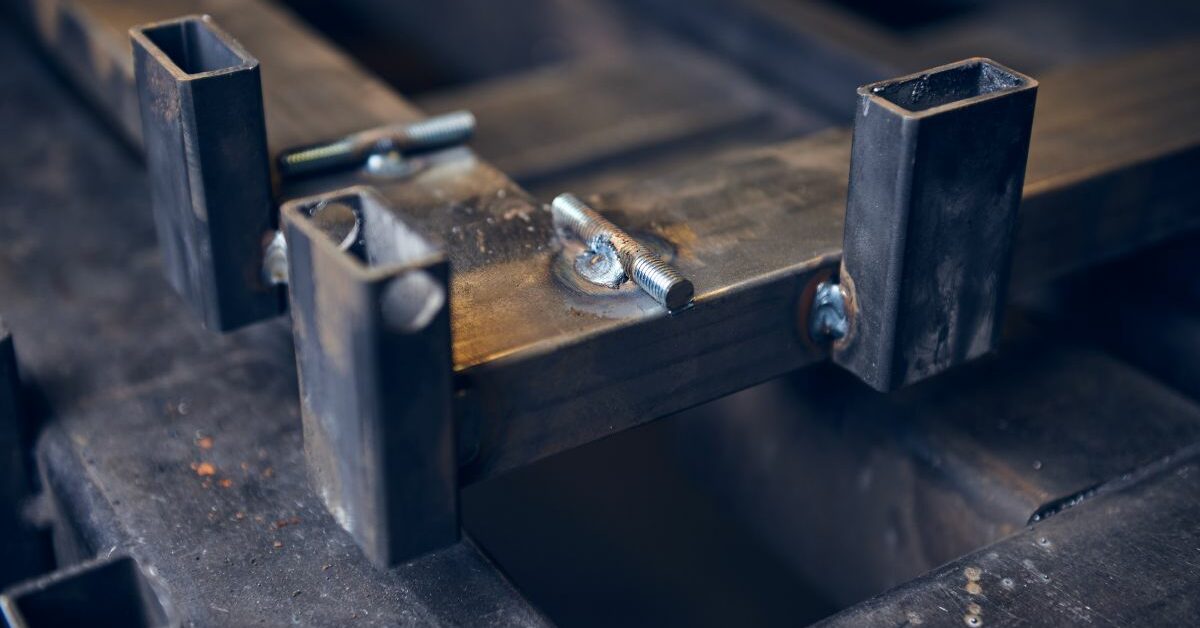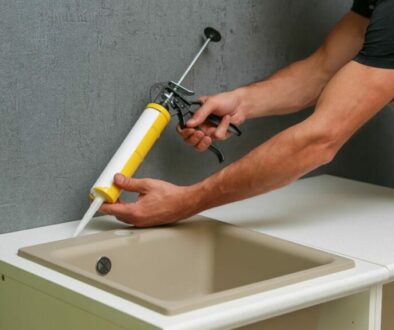What Are Fabrication Skills?
Fabrication skills, in simple terms, are the skills required to turn raw materials into finished products. These skills are vital in manufacturing and engineering industries, and they involve working with a variety of materials, such as metal, plastic, and wood. Fabrication skills are unique because they require both technical proficiency and creativity. In this article, we will delve deeper into what fabrication skills are, why they are important, and how you can improve them to become a better fabricator.
Fabrication Skills Examples
There are various types of fabrication skills, and they differ depending on the type of industry you work in. Below are some examples of these skills:
- Welding: This involves joining two pieces of metal together using heat and pressure.
- Cutting: This involves cutting materials, such as metal and wood, into specific shapes using tools, such as saws and plasma cutters.
- Machining: This involves using machines, such as lathes and milling machines, to shape raw materials into specific shapes and sizes.
- Assembly: This involves putting together various components to create a finished product.
- Design: This involves designing products using computer-aided design (CAD) software and other tools.
Welding is a highly specialized skill that requires a great deal of training and experience. Welders must be able to work with a variety of materials, including steel, aluminum, and titanium, and must be able to read blueprints and schematics to ensure that they are welding the correct pieces together. They must also be able to work in a variety of environments, from clean and controlled environments to dirty and dangerous ones.
Cutting is an essential skill in many industries, including construction, manufacturing, and automotive repair. Skilled cutters can work with a variety of materials, including wood, metal, and plastic, and can use a variety of tools to make precise cuts. Plasma cutters, for example, use a high-powered stream of ionized gas to cut through metal, while saws can be used to cut through wood and other materials.
Machining is a critical skill in the manufacturing industry, where precision is essential. Machinists use a variety of machines, including lathes, milling machines, and grinders, to shape raw materials into specific shapes and sizes. They must be able to read technical drawings and blueprints and use computer-controlled machines to create complex parts and components.
Assembly is a skill that requires attention to detail and a steady hand. Assemblers must be able to follow instructions and work with a variety of tools and materials to put together finished products. They must also be able to troubleshoot problems and make adjustments as needed to ensure that the finished product meets the required specifications.
Design is a highly specialized skill that requires both creativity and technical expertise. Designers use computer-aided design (CAD) software and other tools to create detailed drawings and schematics of products, which are then used to manufacture the finished product. They must be able to work with a variety of materials and understand the properties of those materials to ensure that their designs are both functional and aesthetically pleasing.
How Do You Improve Fabrication Skills?
To become a better fabricator, you need to continually improve your fabrication skills. Here are a few tips:
- Learn from experienced fabricators: Seek out experienced fabricators and learn from them. This could be as simple as shadowing them while they work or asking them for advice. You can also attend industry events and conferences to network with other professionals and gain insights into new techniques and best practices.
- Take courses: Consider taking courses in welding, cutting, machining, and other fabrication skills. There are many programs available, from community colleges to specialized trade schools, that offer training in these areas. In addition to traditional classroom instruction, there are also online courses and tutorials that can help you improve your skills.
- Practice: The key to improving any skill is practice. Find opportunities to practice your skills and experiment with new techniques. You can start by taking on small projects and gradually working your way up to more complex ones. You can also join a makerspace or fabrication lab to gain access to tools and equipment that you may not have at home.
- Stay up-to-date: The fabrication industry is constantly evolving, and you need to stay up-to-date with the latest trends and technologies. This means staying informed about new materials, tools, and techniques, as well as following industry publications and attending trade shows. It’s also important to network with other fabricators and professionals in the industry to stay connected and informed.
Improving your fabrication skills can lead to new career opportunities, higher salaries, and greater job satisfaction. By following these tips and committing to ongoing learning and improvement, you can become a skilled and successful fabricator.
Why Do Employers Look for Fabrication Skills?
Fabrication skills are highly sought after by employers for several reasons:
- Increased efficiency: Fabrication skills enable workers to produce parts quickly and efficiently, reducing labor costs and improving productivity.
- Quality: Skilled fabricators produce high-quality products with minimal errors, reducing waste and rework.
- Flexibility: Skilled fabricators are versatile and can work with a variety of materials and equipment, making them valuable assets to any company.
- Innovation: Skilled fabricators often develop innovative solutions to production challenges, leading to improved products and processes.
One of the most important reasons why employers look for fabrication skills is because of the increased efficiency that skilled fabricators bring to the workplace. With the ability to produce parts quickly and accurately, companies can save a significant amount of money on labor costs. This is especially important in industries where time is of the essence, such as manufacturing and construction.
Another reason why employers value fabrication skills is because of the high-quality products that skilled fabricators are able to produce. With minimal errors and defects, companies can reduce waste and rework, ultimately saving money and improving their bottom line. Additionally, high-quality products can lead to increased customer satisfaction and repeat business.
Skilled fabricators are also highly valued for their flexibility. With the ability to work with a variety of materials and equipment, they are able to adapt to changing needs and requirements. This makes them valuable assets to any company, as they can fill a variety of roles and perform a variety of tasks.
Finally, skilled fabricators are often able to develop innovative solutions to production challenges. By thinking outside of the box and coming up with creative solutions, they can improve products and processes, ultimately benefiting the company as a whole. This ability to innovate is highly valued in today’s fast-paced and constantly evolving business environment.
Employers look for fabrication skills because of the many benefits that skilled fabricators bring to the workplace. From increased efficiency and high-quality products to flexibility and innovation, skilled fabricators are valuable assets to any company looking to succeed in today’s competitive business environment.
Fabrication skills are a vital component of manufacturing and engineering industries. They require a combination of technical expertise and creativity, and they are highly valued by employers. Improving your fabrication skills can open up new job opportunities and help you become a better fabricator. By seeking out experienced fabricators, taking courses, practicing, and staying up-to-date, you can become a master fabricator and contribute to the success of your company.




